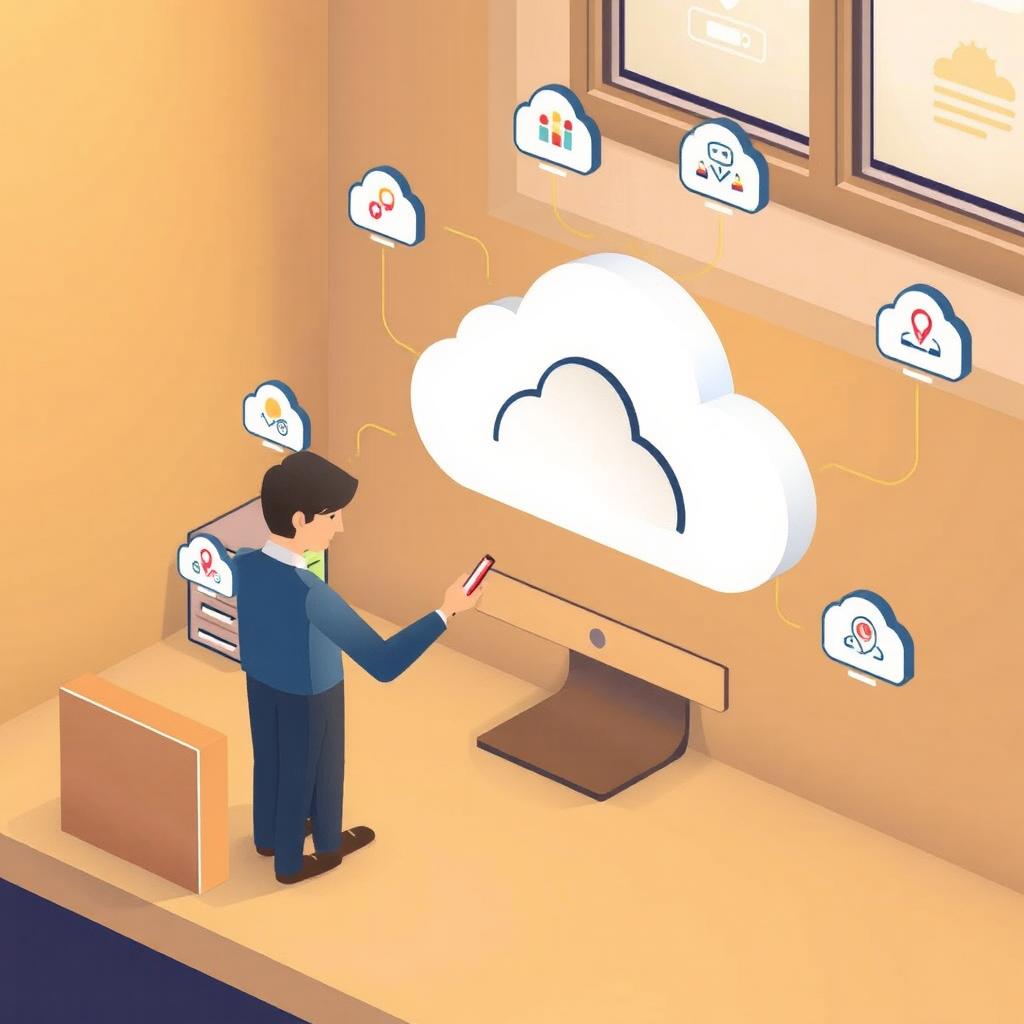Cloud-based Customer Relationship Management (CRM) software has revolutionized the way businesses manage customer data, sales processes, and team collaboration. In 2025, cloud-based CRMs are more powerful than ever, offering flexibility, scalability, and advanced features that make them indispensable for businesses of all sizes. Here’s a detailed look at why adopting a cloud-based CRM is essential for success.
1. Access Anywhere, Anytime
With cloud-based CRM software, your team can access critical data and tools from anywhere in the world. Whether working remotely, traveling, or on-site with a client, employees can stay connected via mobile apps or web browsers, ensuring uninterrupted productivity.
2. Cost-Effective Solutions
Cloud-based CRMs eliminate the need for expensive on-premises infrastructure and maintenance. Subscription-based pricing models allow businesses to pay for what they need, making it a budget-friendly option for startups and enterprises alike.
3. Easy Scalability
As your business grows, so do your CRM needs. Cloud-based solutions offer seamless scalability, enabling you to add users, storage, and features without the hassle of major upgrades or system overhauls.
4. Automatic Updates and Maintenance
Gone are the days of manually updating software. Cloud-based CRMs automatically implement updates and new features, ensuring you always have access to the latest technology without downtime or additional costs.
5. Enhanced Collaboration
Cloud-based CRMs centralize data, making it easy for teams across departments to collaborate effectively. Sales, marketing, and customer support teams can access real-time information, ensuring consistent communication and improved customer experiences.
6. Robust Data Security
Data security is a top priority in 2025. Cloud-based CRM providers invest heavily in advanced security measures, including encryption, multi-factor authentication, and regular backups, to protect sensitive customer data.
7. Integration with Modern Tools
Cloud-based CRMs integrate seamlessly with a wide range of third-party tools, such as marketing automation software, email platforms, and analytics tools. These integrations streamline workflows and improve overall efficiency.
8. AI-Powered Insights
Many cloud-based CRMs now incorporate artificial intelligence to analyze customer behavior, predict trends, and provide actionable insights. These AI-driven tools help businesses make smarter, data-driven decisions.
9. Environmentally Friendly
Switching to a cloud-based CRM reduces the need for physical hardware, minimizing energy consumption and your company’s carbon footprint. It’s a sustainable choice for businesses aiming to reduce their environmental impact.
10. Future-Proof Technology
As technology evolves, cloud-based CRMs are designed to adapt and incorporate new advancements. Choosing a cloud-based solution ensures your business stays ahead of the curve with access to cutting-edge features and capabilities.
Adopting a cloud-based CRM in 2025 is not just a trend; it’s a strategic move for businesses looking to improve efficiency, reduce costs, and stay competitive. By leveraging the benefits of cloud technology, you can transform how your business manages customer relationships and sets the stage for long-term success.



